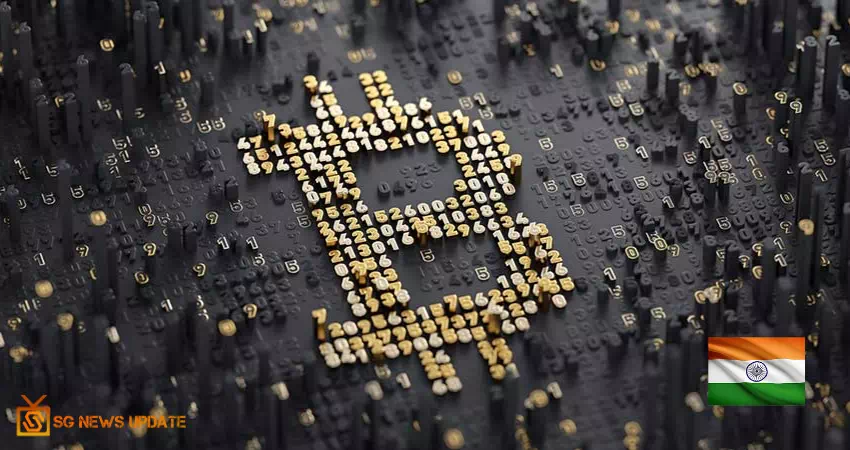
India is set to get perhaps the strictest country against cryptographic forms of money, outperforming even the oversight levels of China. A media report uncovered that the Indian government will propose a prohibition on cryptocurrencies. Truth be told, it would "condemn ownership, issuance, mining, exchanging, and transfer of crypto-resources."
In January 2021, the public authority had called for prohibiting private virtual monetary standards, including Bitcoin and Ethereum. The forthcoming bill is relied upon to surrender cryptographic money holders to a half year to liquidate their resources before the penalties kick in.
In the event that the bill turns into a law, it will outperform even the Chinese, where the nation has prohibited mining and exchanging digital currencies yet doesn't punish ownership.
Bitcoin — the shining light in the realm of cryptocurrencies— was trading at somewhere in the range of $5,000 and $6,000 in March a year ago. It hit a record-breaking high of $61,000 on Saturday, with its worth growing 1000% in the previous year.
Bitcoin's bull run began during the COVID-19 pandemic when financial backers began preferring the advanced money over gold, particularly the more youthful financial backers. This blast was additionally upheld by proclamations from people like Elon Musk and PayPal's declaration to permit its US-based clients to exchange in the digital money.
Indian investors, as well, have been boarding the digital money train in the wake of seeing worldwide financial backers receiving rich rewards. While official numbers are scant, transactional volumes in the nation have been rising. It is assessed that more than 8,000,000 Indians exchange cryptographic forms of money with property adding up to almost $1.4 billion.
Perhaps the greatest scrutinize of cryptographic forms of money, the Reserve Bank of India, has a negative standpoint against it. The RBI accepts that the undeniable degrees of unpredictability in the estimation of the money makes it insecure and a potential financial catastrophe. It has even given traces of dispatching its own digital currency.
Prior in 2018, the national bank had taboo Indian banks from managing in cryptographic forms of money. In any case, the Supreme Court had struck down this request in March 2020, requesting that the public authority take a position and draft a law on the matter.
Coming Soon...!
Comments (0)